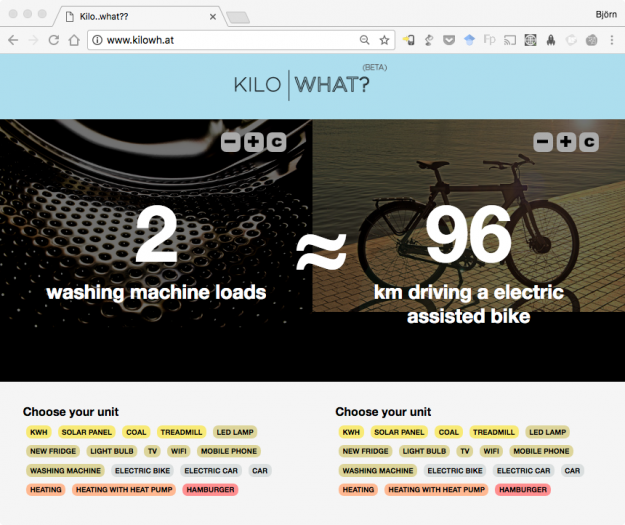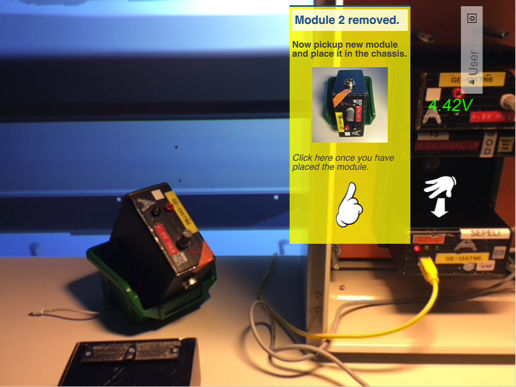This meeting is organized by the the International Society for Research on Internet Interventions (ISRII) and was this time held at the Hilton hotel in Berlin. According to their webpage, this society “promotes the scientific study of information and communication technologies targeting behavioral, psychosocial, health and mental health outcomes“. Internet intervention commonly include elements that educates the user or aims to change their behavior. It is therefore not too different from what we would call Technology Enhanced Learning.

I (Fredrik) presented a poster with early results on two studies exploring the two constructs usefulness and ease of use of an platform used for ICBT (Internet-delivered Cognitive Behavior Therapy). These studies are a part of BIP, a project that has its home at the Karolinska Institute and SSL (Stockholm County Council) focusing on the development of ICBT for children and adolescent. The BIP-team also held their own symposium at the conference on “Making ICBT an evidence-based treatment for children and adolescents with anxiety disorders and OCD: preparing for implementation in regular care”

One presentation I found particularly interested was called “Therapeutic alliance to the fully automated ‘counsellor’ Endre“. Marianne T. S. Holter (Oslo University, Norway) presented a grounded theory study carried out with a fully automated program for quitting smoking. The study meant to explore what therapeutic alliance would mean when the counsellor is a computer program. All study-participants were aware of the fact that they were “conversating” with a computer program. By being aware of that they felt that they did not need to consider expectations or feelings of a human counsellor, since the program would not “judge” them. So, it seems from the result presented that some kind of alliance could be formed with the users and the computer program. Looking forward to read the published paper and to see similar studies in the future.
The second presentation that caught my interest a bit more than the rest was “Towards Improved Application of Gamification for Internet Interventions“. Mark Floryan (University of Virginia, USA) presented a model for gamification of Internet Intervention. Mark pointed out why many attempts to gamify failed. The simple reason was that only one (or a few) gamification elements were used or used in the wrong way or combination. Unfortunately my memory fails me to remember the details. Though, the message I took home from this presentation was that in order to successfully implement and evaluate the impact of gamification in Internet Intervention it needs to be done more systematical way. And, the model that Mark presented would guide developers on how to do that, and would also make it easier to compare studies and designs that included gamification.
One of my many reflections from the meeting was that many of the symposiums brought up studies that had included, co-design and different approaches to participatory design and/or user-centered design. Thus, the user perspective seems to be an aspect considered more and more important in this community.



